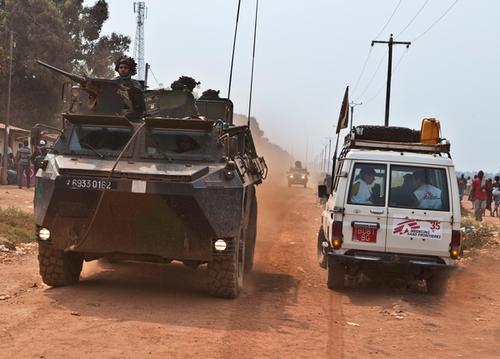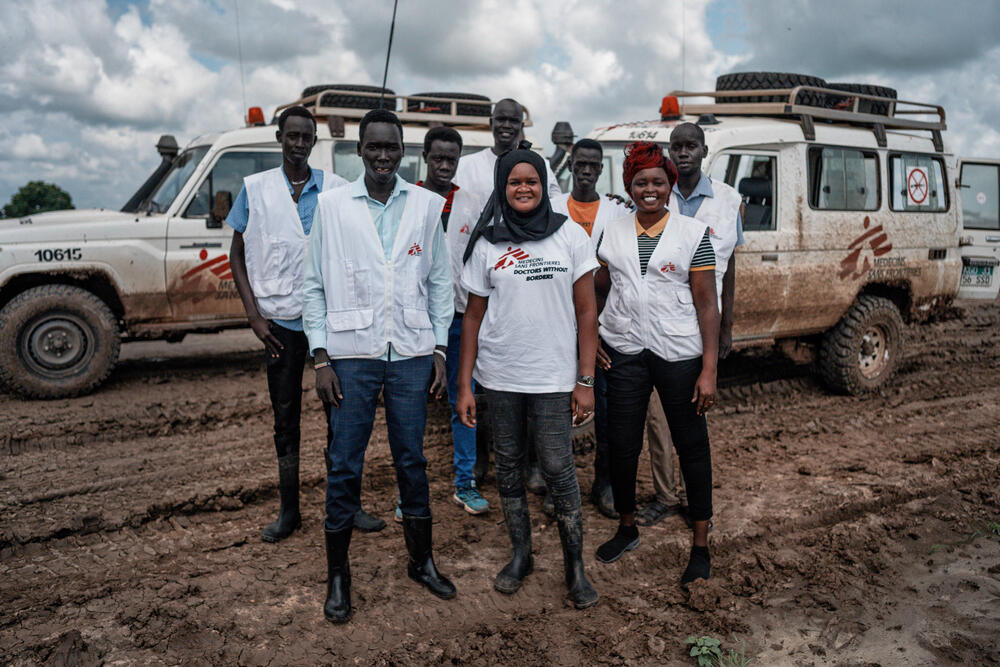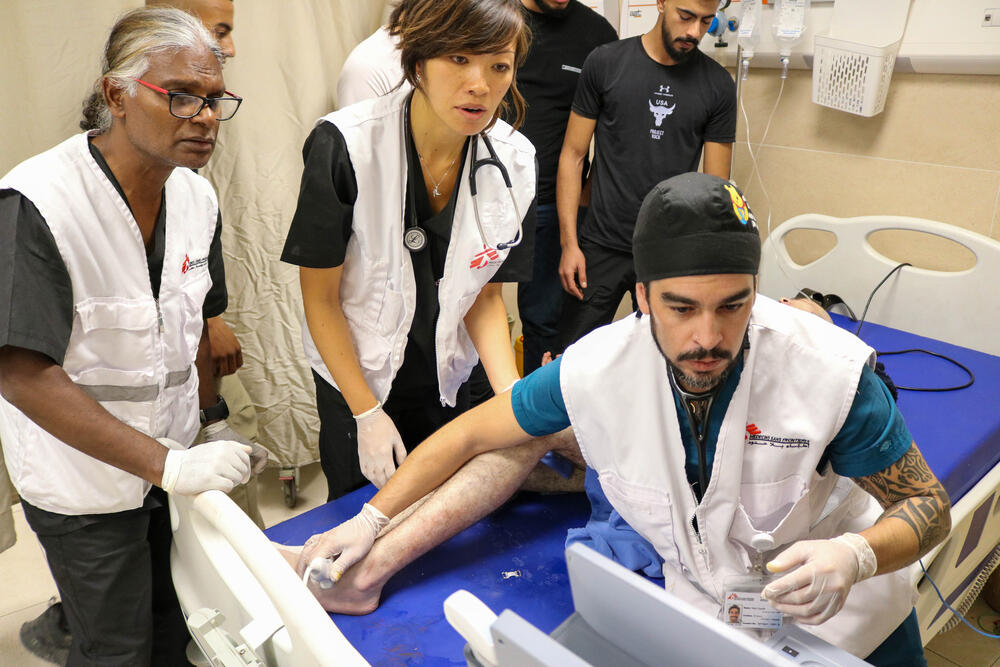Independence. Neutrality. Impartiality.
It is easy to write inspiring words to define an organisation’s mission. However, it is much harder to put those principles into practice.
At the core of Médecins Sans Frontières / Doctors Without Borders (MSF)’s identity is a commitment to these three words.
These ideals make our work possible – from medical care and logistics to finance and communications. And, since 1971, they have helped protect our staff, our patients and our ability to save lives.
In 1999, our commitment to these principles, and the impact of the organisation built on them, was internationally recognised when MSF was awarded the Nobel Peace Prize.
"For MSF, this is the humanitarian act: to seek to relieve suffering, to seek to restore autonomy, to witness to the truth of injustice, and to insist on political responsibility..."
We’re independent
MSF UK receives no government funding, instead we rely on the generosity of individual members of the public. Our work is only possible because of private donors, charitable foundations and trusts.
This means that when there is an emergency, we don’t need to wait for official funds to be released, a fundraising campaign to be launched or for the media to generate interest. Instead, we can act fast to save people’s lives based on need alone.
Our financial independence also means the aid we provide cannot be used to further any government’s political or military goals. At the same time, demonstrating this independence can allow us to negotiate access to people in need.
We’re neutral
MSF is a humanitarian organisation that specialises in operating in conflict zones. This means neutrality is fundamental to our ability to carry out this life-saving work.
Neutrality means we do not take sides or base our actions on the politics of who is “wrong” or “right.” Instead, we go wherever the medical need is greatest, guided solely by our commitment to providing care to those most in need. And, by maintaining neutrality, we can reach communities affected by crises that might otherwise be inaccessible.
This principle is also vital for ensuring the safety of our staff and patients. If groups engaged in a conflict perceive MSF as aligned with one side, it could put our projects in the firing line, jeopardising the welfare of those we aim to help.
Importantly, being neutral doesn’t mean providing equal support to all sides. We carefully assess medical needs and offer assistance accordingly.
For example, if one side of a conflict already has adequate access to healthcare, our efforts will focus on those without such access. Wherever we work, we engage with local communities to ensure they understand and accept our principles, building the trust that is essential for our work.
In practice, neutrality means our field hospitals may treat wounded civilians alongside injured soldiers from opposing sides, with hostilities and weapons left at the gate. It also influences how we speak about conflicts – we strive to use objective, neutral language, and when we speak out, it is to report what our teams witness on the ground.
Put simply, neutrality allows us to save lives.
We’re impartial
Around the world, we provide free and impartial medical aid to people caught in humanitarian crises.
Crucially, we prioritise both our long-term projects and emergency responses based on medical needs alone.
It doesn’t matter where a patient is from, their ethnicity, religious identity or what their political affiliations are. All that matters is they are human beings in need.
Anyone who comes to an MSF facility can expect to be treated, no matter their background.
How we work
We are a global humanitarian movement of 51,000 staff responding to healthcare crises in more than 70 countries. Discover how we work and learn more about the specialist support we provide from the UK.



